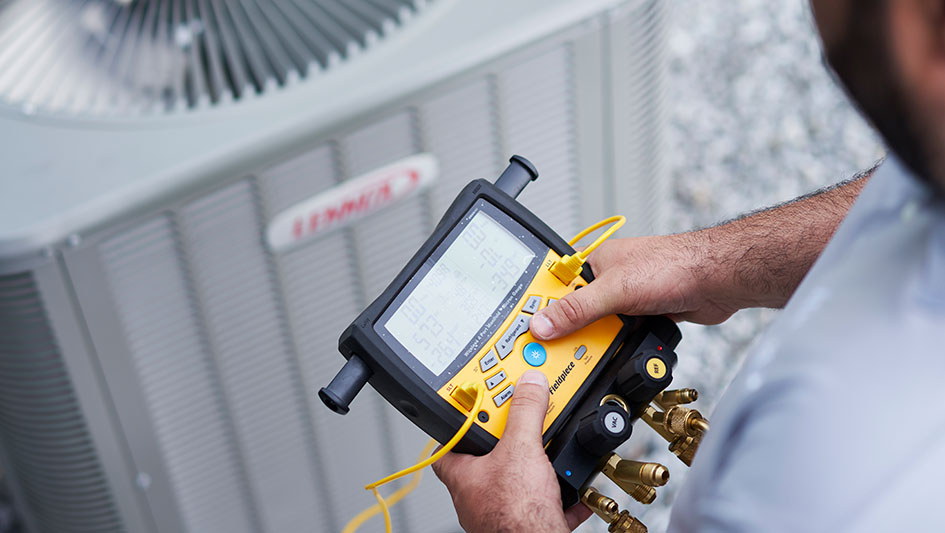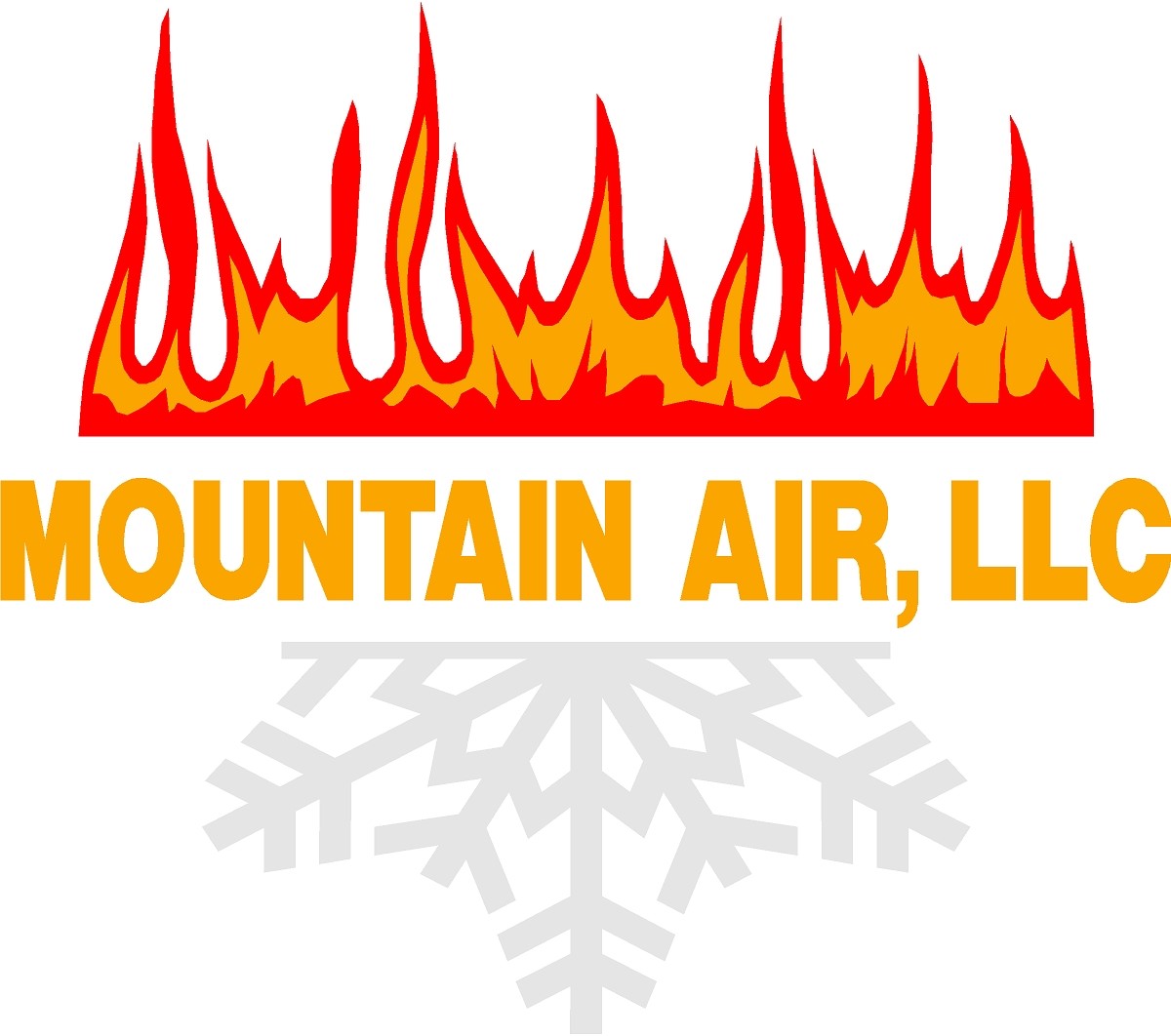
If you’re thinking about a new, high-paying career, look no further than heating, ventilation and air conditioning. HVAC is one of the fastest-growing careers you can find, according to the U.S. Bureau of Labor Statistics, which estimates careers in this trade will grow by 13 percent by 2028.
There are a few reasons why these careers are increasing so fast. One is homeowners taking advantage of government refunds to upgrade to more energy-efficient comfort systems. Then there’s the discontinuation of R-22 Freon® refrigerants, which impacts old equipment. Finally, there’s the red-hot housing market and a home shortage that’s driven a bump in new construction residences.
One of the top needed jobs is working as an HVAC technician. Discover about what they do, how to become one and about how much you can expect to earn.
What Is a Professional HVAC Technician?
An HVAC technician is an individual who repairs, installs and maintains heating and cooling systems. Most work with both homeowners and business owners. And, most important, you’ll be knowledgeable about:
- Air conditioners
- Furnaces
- Mini-splits and heat pumps
- Thermostats and home zoning
- Indoor air quality products including air filters and air purification systems
Some are HVAC-R technicians, which means they also can take care of refrigeration.
Is Working in HVAC Difficult?
While HVAC can be physically difficult, it can also be highly satisfying. As a technician you’ll need to be able to:
- Work in uncomfortable settings, such as small or dirty spaces.
- Work in hot or cold areas because equipment is typically outdoors.
- Work evenings, weekends and overtime during peak days.
One of the most typical misconceptions about HVAC is that it’s a blue-collar career. You need a specific skill set, in-depth education and ongoing endorsements.
It’s an excellent career possibility if you want to:
- Not be saddled with heavy amounts of student debt.
- Avoid being stuck at a desk or in an office.
- Have job security knowing your position can’t be outsourced.
- Be your own boss and have your own successful business.
What to Do to Become an HVAC Technician
To become an HVAC technician, you should have a high school diploma or GED, as well as comprehensive instruction. Other more specialized (and higher paying) HVAC positions typically require extra schooling or qualifications.
You can be certified by taking classes at a community college or trade school. How long it takes to become an HVAC technician is linked to the program, which is often six months to two years. Your employer might also want NATE certification. This refers to North American Technician Excellence, this industry-leading accreditation improves your technical expertise to help you better serve customers.
Career Explorer says that technicians who have expertise with tablets, electronics and troubleshooting will be in large demand as equipment becomes more technologically advanced.
Another advantage of working in HVAC is little to no educational debt.
According to Midwest Technical Institute, attending a technical or trade school often costs around $15,000. A community college usually is around $5,000 annually. In contrast, the average student debt for a bachelor’s degree is $25,921.
A Day in the Life of an HVAC Technician
Your work schedule could vary depending on your situation. If you perform repairs, you could work early, late or be on call. If you work in construction/home building or management, you might have more of a set schedule during normal business hours.
As a technician, you’ll go to different locations for repair, maintenance or installation service. Some jobs might require more time than others, so the number of calls you can go to may vary.
As we went over previously, you should be accustomed to working outdoors in extreme weather, in addition to dirty or cramped spots. If you work in a customer-facing role, good customer service skills are always positive.
Potential Compensation for {Professional Technicians|Technicians|Full-Time Technicians and Similar HVAC Jobs
Since HVAC is a fast-growing field, your salary will reflect it. The national average salary for an HVAC technician is $49,242, according to ZipRecruiter. Top earners get between $56,600 and $68,000. However, salaries may be different based on your location and its cost of living.
Other than running your own business, there are a wide range of other career opportunities. These involve:
HVAC manager, $72,515 average salary
HVAC service manager, $71,176 average salary
Where Are HVAC Technicians in High Demand?
HVAC technicians are needed across the nation, but even more so in Florida, California, Texas, New York and Illinois. According to hvacclasses.org, these states employ the highest number of HVAC workers and are experiencing explosive construction growth. Here’s why:
- Florida: Hurricanes, school and healthcare buildings.
- California: Wildfires, transportation, energy and utility projects.
- Texas: Hurricanes, energy, utility and other infrastructure projects.
- New York: Residential and infrastructure updates.
- Illinois: Companies moving to the Chicago area.
Where HVAC Technicians Will Be in High Demand in the Future
Projections Central, who makes long-term occupational projections, expects these states to have the highest demand for technicians by 2028:
- Utah, 31.1%
- Colorado, 29.7%
- Nevada, 27.9%
- Arizona, 21.4%
- Iowa, Oregon and Montana, 18.5%
- Arkansas, 16.3%
- Florida, 16.2%
- South Carolina, 16%
- Texas, 15.9%
- Idaho, 15.7%
- Washington, 15.6%
- North Carolina, 15.5%
- Tennessee, 15.2%
- Wyoming, 14.3%
- Nebraska, 13.9%
- Indiana, 13.8%
- North Dakota, 13.8%
Here’s where the highest number of new jobs during that time frame are expected to be:
- Florida, 5,420
- Texas, 5,530
- California, 4,100
- North Carolina, 2,510
- New York, 2,290
- Colorado, 2,000
- Ohio, 1,550
- Pennsylvania, 1,510
- Virginia, 1,500
- Tennessee, 1,360
- Washington, 1,290
- Georgia, 1,270
- New Jersey, 1,170
- Utah, 1,170
- South Carolina, 1,1060
- Indiana, 940
- Maryland, 820
- Missouri and Arizona, 810
- Michigan, 780
Weather and economic development is forecasted to feed increases in these states, according to hvacclasses.org.
Engineer a Career in HVAC with Mountain Air
HVAC technicians remain in demand across the country and in Morgantown. To discover more about our openings, go to our careers page or contact us at 304-413-1287 now!
